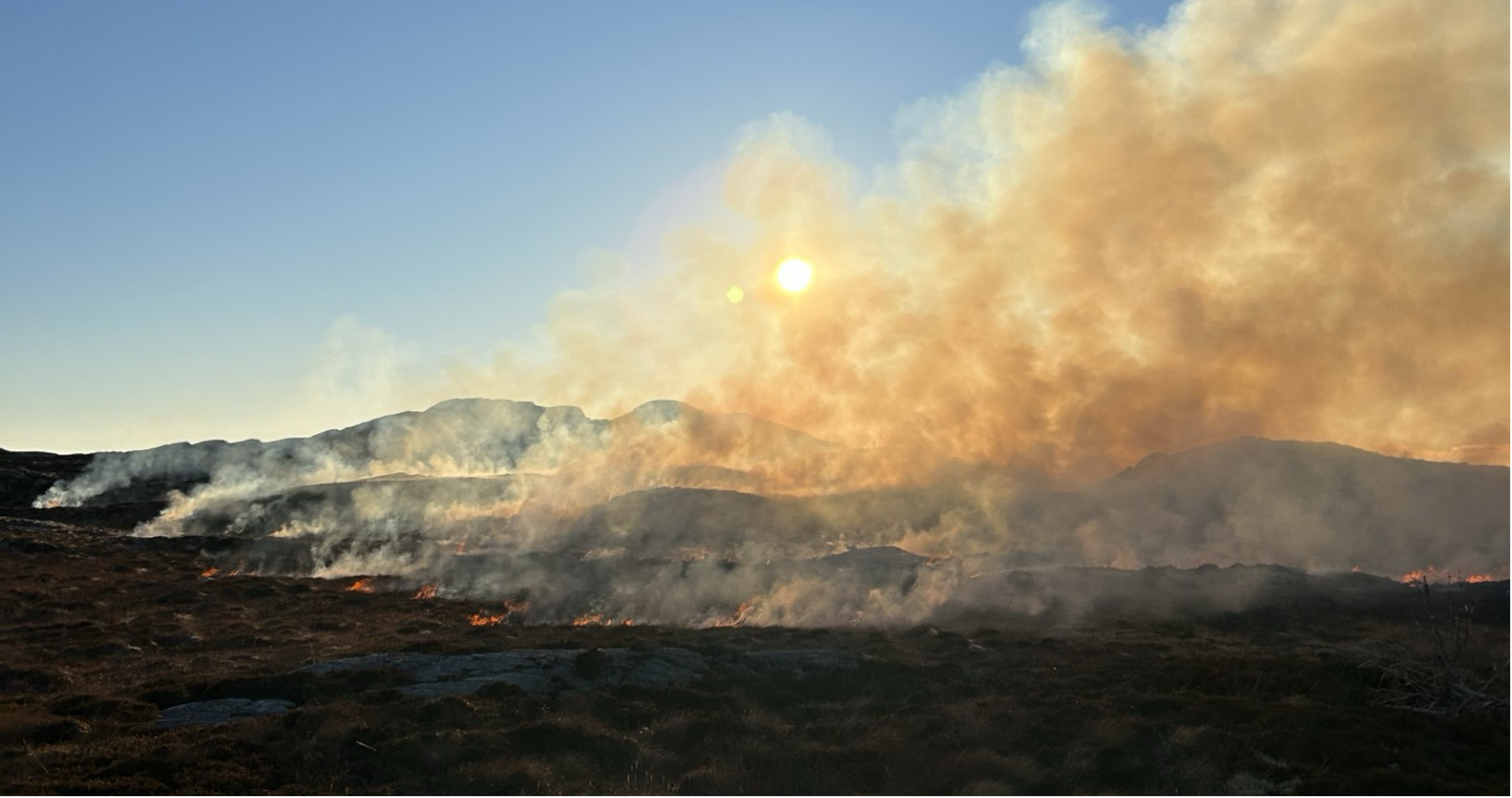Climate-related hazards, and policies to address them, have impacts on culture. The sense of place and belonging carried in language, ideas, beliefs, customs, codes, institutions, tools, and techniques, even in works of art, rituals, and ceremonies can be affected - but they also have an active role in finding solutions.
The Paris Agreement stresses the contribution of traditional knowledge, and the knowledge of indigenous peoples and local knowledge systems. As UNESCO Netherlands argue, "not only does climate change force us to protect our cultural heritage, but our cultural heritage can also protect us. Climate adaptation requires collaboration across disciplines, sectors and communities. Local planners face significant challenges as they navigate national regulations, diverse landscapes, land use, economic factors and public opinion. To make decisions that affect both current and future generations, they must also understand how the climate has changed over time and anticipate how it will evolve.
To meet these challenges, new ways of working together are crucial. Building trust and mutual understanding across disciplines and sectors creates opportunities to share knowledge and experiences. With this in mind, Klimathon was established as a platform to promote community building, creativity and interdisciplinary collaboration. Using a customised hackathon methodology, each Klimathon emphasises group work, collaborative problem solving and concrete solutions to pressing challenges in climate adaptation.
This year, Klimathon focused on the intersection between climate adaptation and cultural heritage. Until now, when we think about cultural heritage and climate adaptation, we most often consider how we can adapt our cultural heritage and cultural environment to climate change. At Klimathon 2024, we wanted to highlight an emerging area of innovation: Culture-based solutions. Internationally, such solutions are recognised for their potential to meet climate challenges while preserving cultural identity. For example, at the Makli Necropolis in Pakistan, a World Heritage Site, communities are reviving the traditional craft of handmade terracotta tiles, preserving cultural heritage while creating sustainable workplaces, and energy-efficient buildings adapted to the local climate. Cultural heritage opens avenues for creatively engaging people with climate change issues, by connecting with what matters to individuals. For instance, the sense of place people acquire through understanding their local cultural heritage sites and practices, or through exploring the ways the knowledge and practices of migrants might offer novel solutions in their new host countries.



